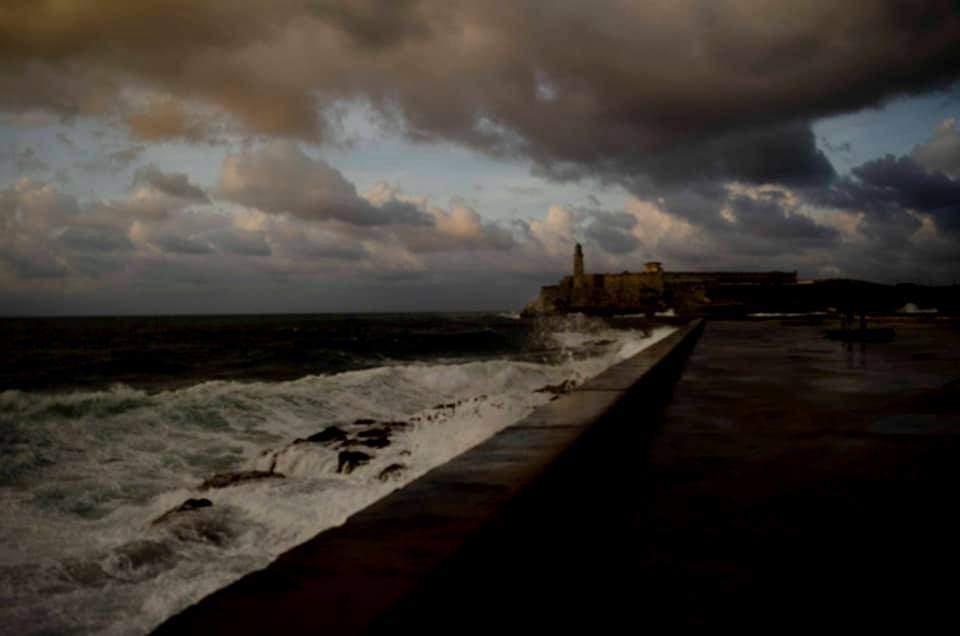29 Years after the Maleconazo
Published: Oct 4, 2023 Reading time: 3 minutes Share: Share an article29 years after the Maleconazo, as it is known in popular slang, Cuban society continues fighting to receive compensation for rights abolished by a government for more than seven decades. Freedom is often like air, one suffocates without it.

That morning of August of 1994, I went to visit a friend who lived in a town very far from the city center of Havana. Upon arrival, everything there seemed calm, while in the city, feelings had begun to emerge like never before. The feelings of freedom and protest against the fierce actions of the government.
“What are you doing here? In the city everyone is building rafts and getting on boats to get out of the country.” I told him. His astonished reaction did not surprise me, because the government media (the only one in the country) always manipulated or hid information.
That old friend, Luis Gonzalez, had been a victim of acts of condemnation by his own neighbors. The members of the community followed the orders of the police, shouted expletives at him, and sometimes threw eggs at his house where he lived with his family.
The police constantly wrote him up for expressing his opinions in favor of changing the system in Cuba and advocating for a free society that would respect the rights of its citizens. These were actions that the authorities would not permit.
I told him about the “revolt” in the city, the beatings and imprisonment of young people who clashed with the police, and the withdrawal of Cuban troops from the coast which allowed anyone to leave who wanted to. Touched and emotional, he told me: “So then I’ll go.” He left his neighborhood to join the thousands of Cubans who would prefer to risk their lives on the open ocean instead of living without freedom.
It was not hard for him to find others who were able to help, and in a few days we said goodbye to those of us who remained, from a truck that carried a raft made from tanks, wood, pipes, canvas, and a lot of hope.
They left in the middle of the night and we all shared many feelings of anguish and uncertainty, but also excitement, illusions, and the conviction that they had been saved.
Such stories continued for a few weeks, while the government continued evacuating those who were not comfortable with their way of thinking and expressing themselves.
For the crossing, they used a yacht named Arcoiris, that transported those who were openly opposed to the government.
A few days ago, I asked my friend Luis Gonzalez, who had finally achieved his dreams in the United States, what the 5th of August 1994 meant to him? His response was expected, but exciting.
“It meant the opportunity to see the Cuban people be able to express their unwillingness to conform to the terrorist regime of the Castros, and also the opportunity to search for other opportunities to satisfy their yearning for freedom, without a dictatorship that destroys their humanity.”
29 years after the Maleconazo, as it is known in popular slang, Cuban society continues fighting to receive compensation for rights abolished by a government for more than seven decades. Freedom is often like air, one suffocates without it.



